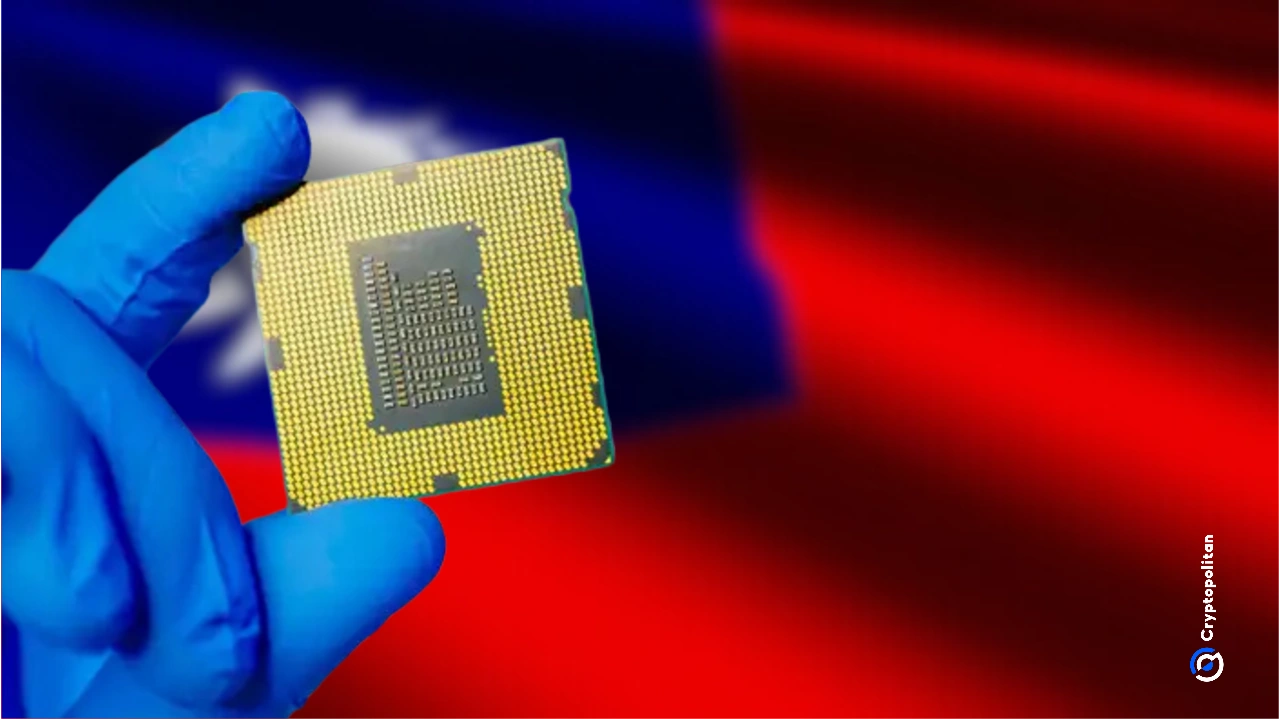Taiwan is reviewing whether to use chip export controls as a diplomatic tool, something it briefly used against South Africa last year. Foreign Minister Lin Chia-lung told reporters on Wednesday in Taipei that the government is looking at all possible responses when other countries threaten Taiwan’s interests.
“Of course, we hope not to have to use these measures, but if our counterparts harm our interests, we will need to respond,” Lin said. “This is indeed among the options under assessment, though that does not necessarily mean they will all be implemented.”
When Lin was pressed to name which countries might be affected, he didn’t bite. He avoided confirming whether it was South Africa or someone else. What he did insist on was that Taiwan “doesn’t want to weaponize semiconductors.”
Still, the context makes it obvious. In September last year, Taiwan announced export controls on South Africa, blaming the country for moves that, in Taipei’s words, “undermined our national and public security.”
Two days later, the restrictions were lifted, suggesting hesitation inside Taiwan’s leadership about turning its most strategic tech asset into a foreign policy weapon.
Taiwan triggered chip sanctions over South Africa dispute
The conflict tracks back to a deepening diplomatic rift between Taiwan and South Africa, which cut formal ties with the island in the 1990s.
Tensions resurfaced some time in 2023 when Taiwan accused South Africa of trying to downgrade its diplomatic presence. Specifically, Pretoria pushed Taiwan to move its Liaison Office from the capital to Johannesburg, a city considered the country’s commercial hub.
And interestingly, that decision coincided with a BRICS summit hosted by South Africa and, of course attended by Chinese President Xi Jinping.
As South Africa prepares to host the G20 leaders’ summit this month, with Xi once again expected to show up, the pressure on Taiwan has increased.
In response, Taipei briefly pulled the trigger on chip controls. It was the first time Taiwan had ever unilaterally blocked chip exports to another country.
But even with a more hardline tone under President Lai Ching-te, officials walked it back fast, probably worried about hurting companies like Taiwan Semiconductor Manufacturing Co. (TSMC), which plays a critical role in global AI chip supply chains. And there’s no avoiding the elephant in the room, China, which remains one of Taiwan’s top chip buyers and is highly sensitive to any hint of semiconductor restrictions.
Taiwan faces pressure from China, the U.S., and global markets
Lai, who took office promising a firmer stance against Beijing, is now balancing a growing list of problems. While his administration has challenged China’s aggression more openly than any of his predecessors, not everyone at home is cheering. A good chunk of the public wants the government to focus on bread-and-butter issues instead of cross-strait drama.
Things got more complicated in July, when the United States slapped a 20% tariff on Taiwanese goods, putting the island at a disadvantage compared to Japan and South Korea.
That stung. Then in August, Lai reshuffled his cabinet for the first time since taking office, trying to calm political headwinds.
And last week, Washington threw another curveball. The Trump administration, now back in the White House, reportedly blocked a $400 million military aid package to Taiwan, just as Trump was working on a broader trade deal with Beijing. The timing didn’t go unnoticed in Taipei.
Taiwan is now trying to figure out where it stands; with China breathing down its neck, South Africa nudging it around diplomatically, and America suddenly less dependable.
The smartest crypto minds already read our newsletter. Want in? Join them.
This articles is written by : Nermeen Nabil Khear Abdelmalak
All rights reserved to : USAGOLDMIES . www.usagoldmines.com
You can Enjoy surfing our website categories and read more content in many fields you may like .
Why USAGoldMines ?
USAGoldMines is a comprehensive website offering the latest in financial, crypto, and technical news. With specialized sections for each category, it provides readers with up-to-date market insights, investment trends, and technological advancements, making it a valuable resource for investors and enthusiasts in the fast-paced financial world.
